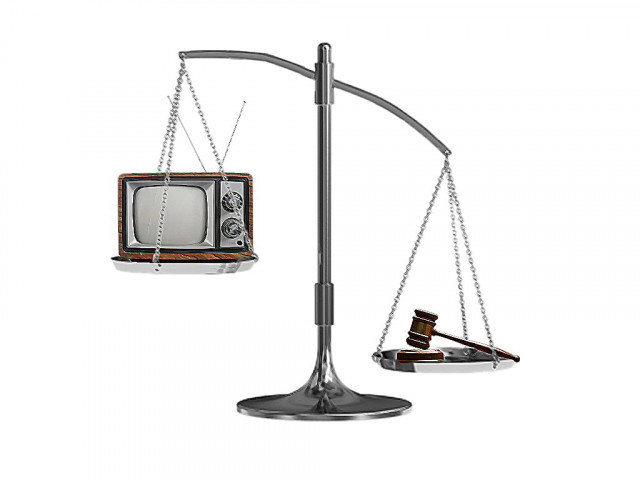Judiciary and media
Media is a watchdog & monitor on all institutions of state, should be allowed to play that role in responsible manner.

The matter has now been taken up in a new report issued on November 27 by the New York-based rights watchdog, the Human Rights Watch (HRW), which has expressed concern over the use of ‘contempt of court’ provisions by judges, to prevent criticism of the judiciary by the media. At least three instances have been cited since October this year, when courts stayed the airing of television programmes critical of the judiciary. The HRW has also observed growing problems regarding the use of contempt laws in high-profile cases after Arsalan Iftikhar was accused by property tycoon Malik Riaz of extorting huge sums of money from him to avoid prosecution.
“Judges sworn to uphold the rule of law should not be using their broad contempt powers to muzzle criticism by the media,” said Brad Adams, Asia director at Human Rights Watch. He also said that no branch of the state should, in a democracy, be “immune from public opinion”. The stance taken by the US-based group is certain to ignite further debate on what is already a heated issue at home, with the working of the institutions and how they deal with one another emerging as a subject that has already given rise to prolonged debate — especially since many wrinkles still spoil the smooth working of democracy in our country, giving rise to periodic confusion. One cannot disagree with the view that no institution of the country should be above accountability and transparency. Furthermore, the media is an effective watchdog and monitor on all institutions of state and should be allowed to play that role in a responsible manner.
Published in The Express Tribune, November 29th, 2012.















COMMENTS
Comments are moderated and generally will be posted if they are on-topic and not abusive.
For more information, please see our Comments FAQ